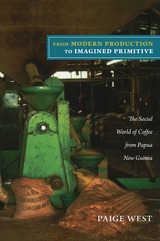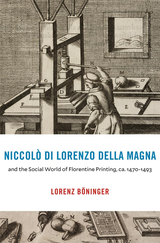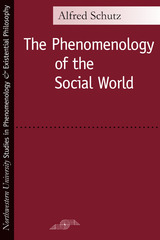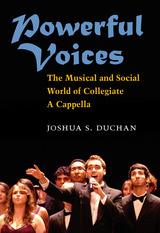


A new history of one of the foremost printers of the Renaissance explores how the Age of Print came to Italy.
Lorenz Böninger offers a fresh history of the birth of print in Italy through the story of one of its most important figures, Niccolò di Lorenzo della Magna. After having worked for several years for a judicial court in Florence, Niccolò established his business there and published a number of influential books. Among these were Marsilio Ficino’s De christiana religione, Leon Battista Alberti’s De re aedificatoria, Cristoforo Landino’s commentaries on Dante’s Commedia, and Francesco Berlinghieri’s Septe giornate della geographia. Many of these books were printed in vernacular Italian.
Despite his prominence, Niccolò has remained an enigma. A meticulous historical detective, Böninger pieces together the thorough portrait that scholars have been missing. In doing so, he illuminates not only Niccolò’s life but also the Italian printing revolution generally. Combining Renaissance studies’ traditional attention to bibliographic and textual concerns with a broader social and economic history of printing in Renaissance Italy, Böninger provides an unparalleled view of the business of printing in its earliest years. The story of Niccolò di Lorenzo furnishes a host of new insights into the legal issues that printers confronted, the working conditions in printshops, and the political forces that both encouraged and constrained the publication and dissemination of texts.


Collegiate a cappella, part of a long tradition of unaccompanied singing, is known to date back on American college campuses to at least the colonial era. Considered in the context of college glee clubs, barbershop quartets, early-twentieth-century vocal pop groups, doo-wop groups, and contemporary a cappella manifestations in pop music, collegiate a cappella is an extension of a very old tradition of close harmony singing---one that includes but also goes beyond the founding of the Yale Whiffenpoofs. Yet despite this important history, collegiate a cappella has until now never been the subject of scholarly examination.
In Powerful Voices: The Musical and Social World of Collegiate A Cappella, Joshua S. Duchan offers the first thorough accounting of the music's history and reveals how the critical issues of sociability, gender, performance, and technology affect its music and experience. Just as importantly, Duchan provides a vital contribution to music scholarship more broadly, in several important ways: by expanding the small body of literature on choruses and amateur music; by addressing musical and social processes in a field where the vast majority of scholarship focuses on individuals and their products; and by highlighting a musical context long neglected by musicologists---the college campus. Ultimately, Powerful Voices is a window on a world of amateur music that has begun to expand its reach internationally, carrying this uniquely American musical form to new global audiences, while playing an important role in the social, cultural, and musical education of countless singers over the last century.

Original in its focus on gender and use of varied sources—travelers’ accounts, newspapers, legal codes, genealogical data, photograph albums, paintings, and ceramics—The Social World of Batavia, first published in 1983, forged new paths in the study of colonial society. In this second edition, Gelman offers a new preface as well as an additional chapter tracing the development of these themes by a new generation of scholars.
READERS
Browse our collection.
PUBLISHERS
See BiblioVault's publisher services.
STUDENT SERVICES
Files for college accessibility offices.
UChicago Accessibility Resources
home | accessibility | search | about | contact us
BiblioVault ® 2001 - 2024
The University of Chicago Press









